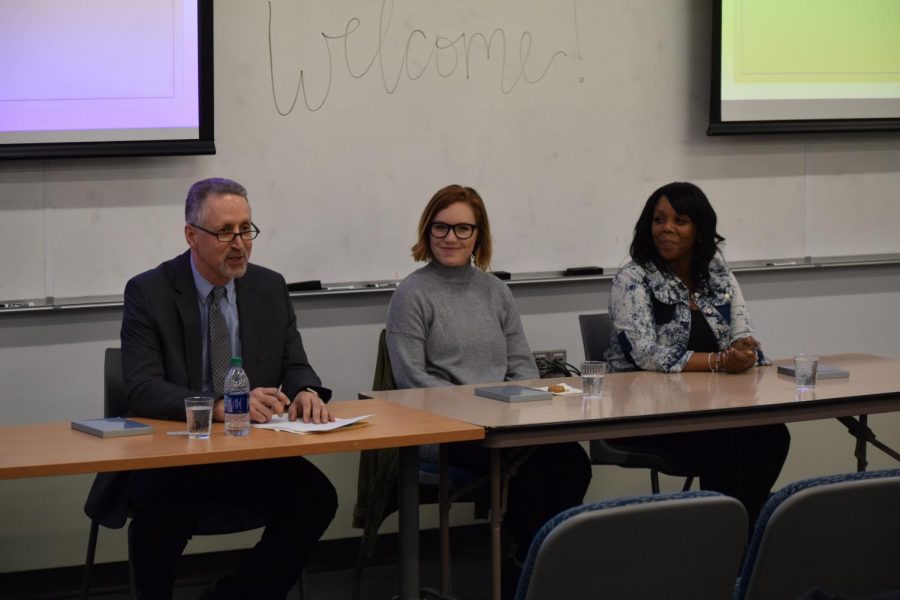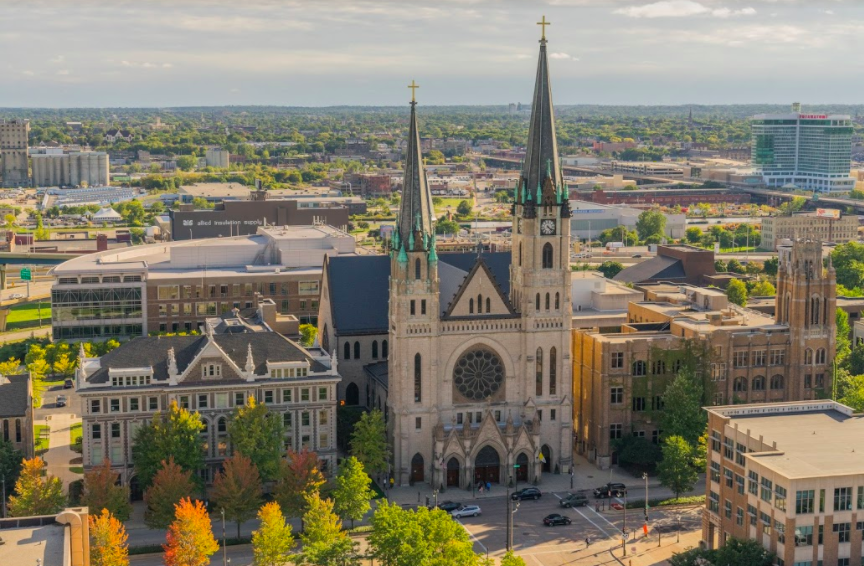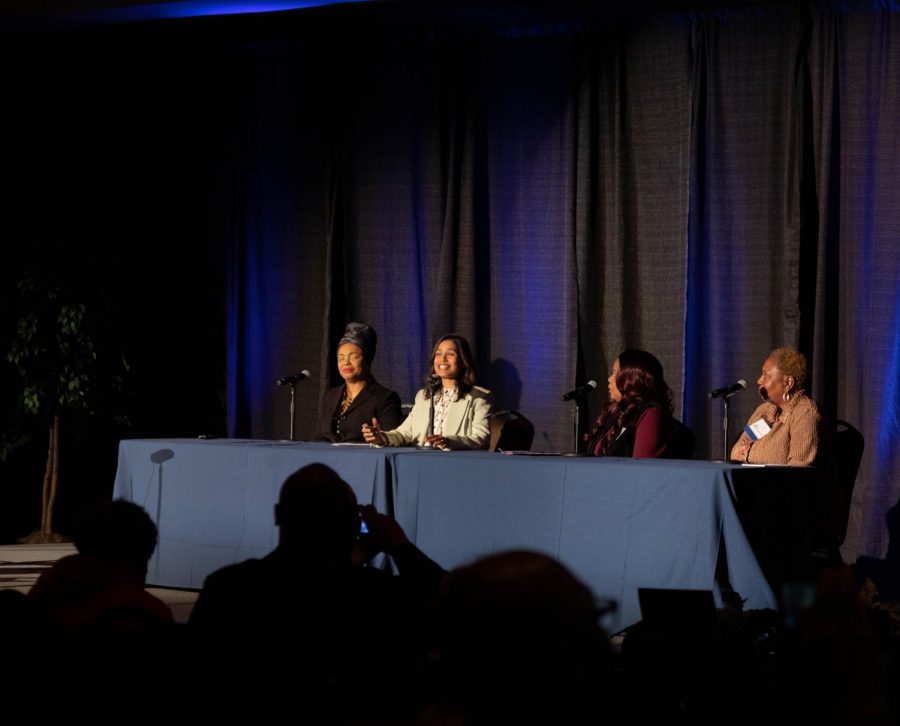When Milwaukee community members think of major hubs of human trafficking, they likely picture poor and developing countries. They may not consider their own hometown, which has been called a “mecca for sex trafficking” and the “Harvard of pimp schools.”
Milwaukeeans must become informed about the prevalence of human trafficking in the area, and learn the warning signs. This will help them understand how to protect themselves, their families and their neighbors.
Human trafficking is the exploitation of other people for economic gain, comparable to modern-day slavery. In the U.S., the most widespread form is sex trafficking, in which victims are forced into a situation of dependency on their trafficker. Traffickers use force and coercion to maintain control over their victims.
An estimated 340 individuals age 25 and under were victims of sex trafficking in Milwaukee between 2013 and 2016, according to a 2018 report by the Milwaukee Homicide Review Commission. Of this number, 97 percent were female and 65 percent were African-American. These 340 individuals represent only about 0.1 percent of their age demographic in Milwaukee. However, the study likely underestimates the full scope of trafficking in Milwaukee, as it only involved victims who had made contact with the police. Human trafficking is often underreported due to the secretive and controlling nature of traffickers.
While the true number of victims remains unknown, Milwaukee’s reputation as a trafficking hub is expounded through high-profile prosecutions of local pimps. Milwaukee pimp Terrell Shankle, nicknamed “King Relly,” was sentenced to 25 years in prison for sex trafficking in February 2018. The Department of Justice notes Shankle recruited girls as young as 16 years old with “false promises of money and a better life.” Shankle’s victims testified he used violence to exercise control over them, even forcing some to get tattoos of his name.
Milwaukee’s economic circumstances are likely a contributing factor to the prevalence of trafficking. The city has a poverty rate of 27.4 percent, which is more than double the national poverty rate, according to the U.S. Census Bureau. Impoverished victims are more susceptible to trafficking, as their trafficker may promise improved housing, economic and educational opportunities.
There are several warning signs a person may be a victim of sex trafficking, as listed by nonprofit Shared Hope International. These include signs of physical abuse, such as burn marks or cuts. Another sign could be an unexplained tattoo, especially of a man’s name or a barcode. Pimps are often significantly older than their female victims, so spotting a young girl with a seemingly much older boyfriend may be alarming. These warning signs may resemble those of other types of abusive relationships. However, trafficking victims also often feel responsible for their trafficker’s financial stability, which can be a differentiating factor.
If you believe someone is being trafficked and you can talk with the potential victim privately, the U.S. State Department recommends asking questions such as, “Can you leave your job if you want to?” and “Have you been hurt or threatened if you tried to leave?” Their responses may further indicate if they’re victims. In this case, it’s recommended to contact local law enforcement or the National Human Trafficking Hotline.
There are also numerous Milwaukee groups already working to educate community members and combat trafficking. Sold Out is an advocacy group at Marquette that supports organizations for women who have been sexually exploited. Local nonprofit, Exploit No More, collaborates with schools to give presentations on tactics used by traffickers. Finally, the Milwaukee Health Department’s Human Trafficking Task Force holds public monthly meetings with representatives of government agencies, survivors and faith communities to improve the city’s response to trafficking.
Milwaukee community members have an obligation to work toward ending the suffering of the city’s trafficking victims. This can be done through informing neighbors and family members about the warning signs of trafficking and joining local activist groups. These steps will work toward eroding the city’s reputation as a hub for sex trafficking.







